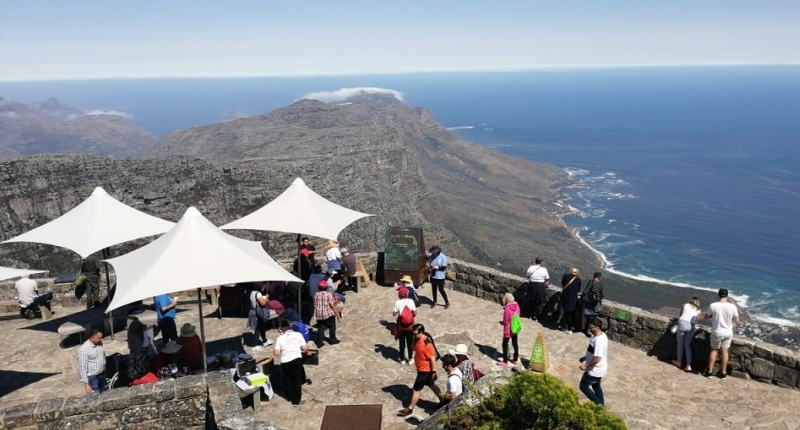South African tourism committee expects to reopen industry to secure jobs
The portfolio committee on tourism has met with the Tourism Business Council of South Africa (TBCSA) to discuss the tourism business sector’s call for the urgent reopening of the industry in order to rescue over half a million jobs in the country.

June 10, 2020: The portfolio committee on tourism has met with the Tourism Business Council of South Africa (TBCSA) to discuss the tourism business sector’s call for the urgent reopening of the industry in order to rescue over half a million jobs in the country.
The council lobbied the portfolio committee to support its call for the gradual reopening of the tourism business in the country, warning that any further delays in easing tourism restrictions could result in the loss of about 600,000 jobs in the sector. The organisation also warned that if South Africa did not open soon enough, it ran the risk of losing its market share and the position as a destination of choice for many international tourists.
TBCSA wants government to announce a date for the reopening of international travel for tourists so that the sector can start preparing and taking bookings, they argue that it takes between two and six months for travellers to make bookings.
Committee chairperson Supra Mahumapelo agreed that while easing the restrictions was necessary for the sector to reopen business operations, it cannot be an abrupt re-entry but a gradual and calculated approach.
He said tourism has been one of the worst affected industries as it survives on the movement of people across borders, interaction and all other activities that require the gathering of people – all of which have been banned under the regulations of Covid-19 lockdown. Whilst TBCSA plans on reopening the sector, it was urged to focus on the countries of the Southern African Development Community, Africa and the emerging economies of Brazil, Russia, India and South Africa (BRICS).
Mahumapelo also appreciated and applauded the sector for volunteering facilities and donating R30 million for quarantine and isolation of coronavirus patients in the Western Cape, and urged the sector to consider extending the gesture to other provinces.
The committee acknowledged the current contribution of the sector to the South African economy in general, and to the GDP and job creation in particular, with 8.6% contribution to the GDP; R120 billion foreign exchange earnings;1.5 million jobs supported; about 49 000 SMMEs, and R273.2 billion total spend.


